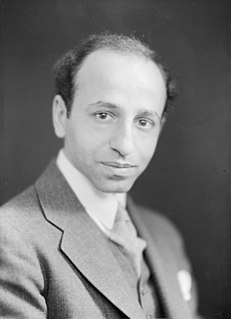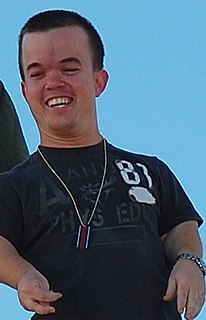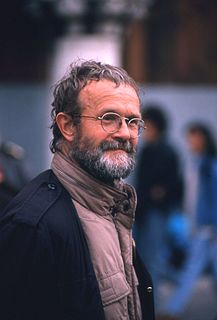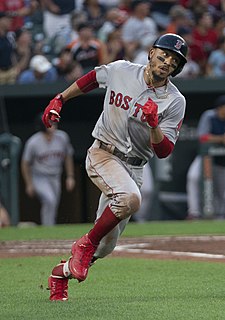A Quote by Bill Brandt
Andre Breton once said that a portrait should not only be an image but an oracle one questions, and that the photographer's aim should be a profound likeness, which physically and morally predicts the subject's entire future.
Related Quotes
"You sound as if you question the authority and the decision of the Oracle, who said he should die."
"I do not. Why should I? But the Oracle did not ask me to carry out its decision." [...]
"The Earth cannot punish me for obeying her mesenger," Okonkwo said. "A child's fingers are not scalded by a piece of hot yam which its mother puts into its palm."
I teach you that there is no other aim than to live with such totality that each moment becomes a celebration. The very idea of "aim" brings future into the mind, because any aim, any end, any goal, needs future. All your goals deprive you of your present, which is the only reality you have. The future is only your imagination, and the past is just footprints left in the sands of your memory. Neither is the past real anymore, nor is the future real yet. This moment is the only reality.
And we should forget, day by day, what we have done; this is true non-attachment. And we should do something new. To do something new, of course we must know our past, and this is alright. But we should not keep holding onto anything we have done; we should only reflect on it. And we must have some idea of what we should do in the future. But the future is the future, the past is the past; now we should work on something new.
If we use resources productively and take to heart the lessons learned from coping with the energy crisis, we face a future confronted only, as Pogo, once said, by insurmountable opportunities. The many crises facing us should be seen, then, not as threats, but as chances to remake the future so it serves all beings.
The price a world language must be prepared to pay is submission to many different kinds of use. The African writer should aim to use English in a way that brings out his message best without altering the language to the extent that its value as a medium of international exchange will be lost. He should aim at fashioning out an English which is at once universal and able to carry his peculiar experience.
Woody Allen once said: "You know there must be intelligent life in space. The question is do they have good Chinese restaurants and do they deliver?" Which is really a joke, but it is also a very profound remark. When you say do they have good Chinese restaurants, what you're really saying is, "How much are they like us?" And when you say, "Do they deliver?" you're saying, "Can they get here?" Both of which are profound questions. And at the present, we have no answers.



































